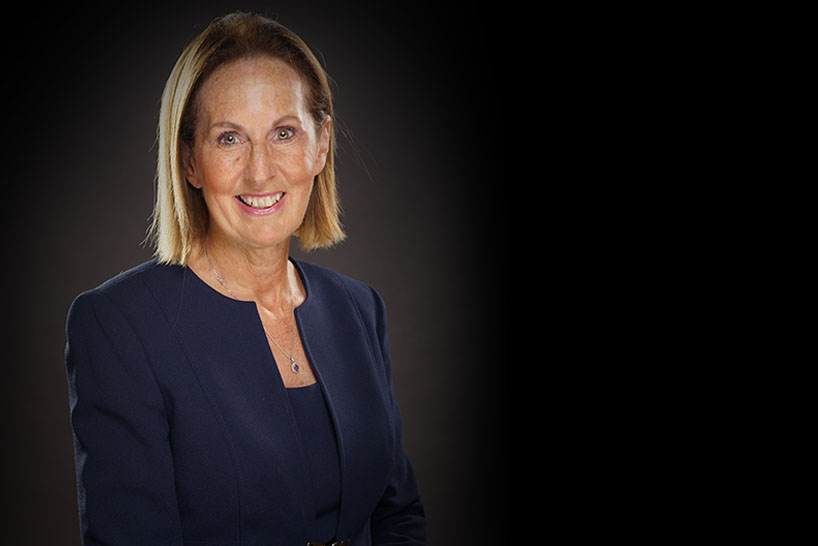Landlord-Tenant
Landlord-tenant law is the area of the law that covers the rental of residential and business property. Residential property is property where you would live and make your home. Business property is property where you would have your company or store.
There are several different types of rental housing in New York, and they each have certain rules that apply to them. Your housing may be rent controlled or rent stabilized. Your housing may be given to you by the government. This is called public housing. In New York there are also various kinds of subsidized housing. Mitchell Lama Co-ops or rental housing are examples of subsidized housing. If your housing is not rent controlled, rent stabilized, subsidized, or public housing, it is considered unregulated housing. If you own a co-op or a condominium that is not subsidized, that, too, is a form of unregulated housing. If your apartment is considered unregulated housing, it has fewer protections under local, state and federal laws. In providing housing to you, your landlord will have to follow any rules that apply to your type of housing, and will also have to follow certain city, state and federal laws.
In addition to the different laws that apply to your housing situation, the rights and responsibilities of you and your landlord will also be covered by your lease, if you have a lease. Your lease will usually cover issues like how much rent you pay, when it is due, and what happens if you are late in paying your rent. It is important to know that some laws that protect you (for example, the right to a habitable apartment) override any terms in your lease that try to take away such rights.
Your landlord owes you certain duties and obligations, including the duty to make sure your apartment and the common areas in your building are habitable, clean, and safe. If your landlord fails to meet these obligations, you have certain protections under the law and perhaps under your lease as well. But even if your lease doesn’t give you such rights, or even if your lease says you don’t have such rights, the law still protects you.
You have certain rights as a tenant, including a right to privacy and a right to be free from discrimination, harassment, and retaliation by your landlord. If you are disabled, you will have additional rights so that you can enjoy your apartment and common areas to the same extent as non-disabled persons.
You have a right to sublease your apartment with your landlord’s consent. You must make your request in writing to the landlord and provide any information that is required by law. If your landlord denies your request, it must be a reasonable denial. In most situations, you will remain responsible to your landlord under the lease for the rent due and any damages caused by your subtenant.
You have a right to have a roommate, no matter what your lease says about roommates or who can live in your apartment.
Cooperatives (also known as co-ops) and condominiums have different rules than other housing situations. A co-op is a mix of property ownership and property rental. So in a co-op you have a lease and you are a shareholder in the co-op that owns the whole building. An interest in a condo is more like owning real property. Your condo unit is considered a piece of real property that you own.
Legal Editor: Darryl M. Vernon, December 2014 (updated November 2018)
Changes may occur in this area of law. The information provided is brought to you as a public service with the help and assistance of volunteer legal editors, and is intended to help you better understand the law in general. It is not intended to be legal advice regarding your particular problem or to substitute for the advice of a lawyer.
Our Lawyers

Sherri P.
LRS Lawyer
Our lawyers are screened and approved – they have all gone through an application and interview process. Each lawyer we recommend has been screened for significant experience, knowledge of ethics codes and rules, and law office practices, including customer service skills and handling of fees and billing.
About Us
When you call us, you will be speaking with an attorney. One of our attorney referral counselors takes your call and talks with you about your legal question, or reviews your online referral request. There is no charge to speak with one of our attorney referral counselors -- we’re here to help.

